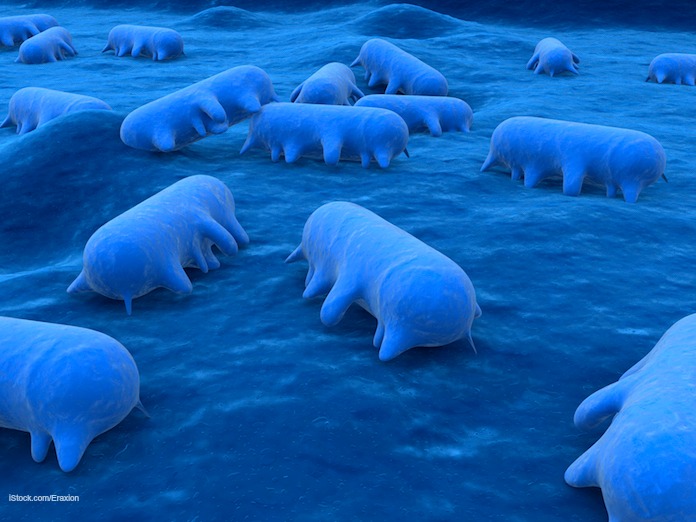Two people sickened with Salmonella Dublin and hospitalized in January 2017 have been linked to raw milk samples produced by Pride and Joy Dairy in Toppenish, Washington. The Washington State Department of Agriculture (WSDA) suspended that dairy’s milk processing plant license due to “ongoing concerns about pathogens in their retail milk product,” according to the news release.

In September, WSDA told consumers not to drink any Pride and Joy retail milk products because Salmonella bacteria had been found in the beverage. Pride and Joy at first refused to issue a recall, then did so a day later. The sampling was part of routine testing of all licensed raw milk dairy operations.
The dairy can still ship milk to other processing plants for pasteurization, but cannot legally bottle and sell raw milk in the retail market. Public health officials advise consumers to avoid drinking any Pride and Joy retail raw milk products.
WSDA also issued a Notice of Correction to Pride and Joy on October 5, 2017 because of pathogens found in the milk. In February 2017, Pride and Joy Dairy products were recalled after testing and sampling found Shiga toxin-producing E. coli (STEC) bacteria in samples of their retail milk. That testing was prompted by earlier reports of the Salmonella illnesses noted above. The dairy has until October 16, 2017 to request an appeal of license suspension.
Raw milk has been linked to many food poisoning outbreaks in the past few years. The milk does not undergo the pathogen kill step of pasteurization, which is the only way to destroy dangerous bacteria and make the milk safe to drink. Testing raw milk and not finding pathogens does not mean the milk is safe to drink, because the bacteria can clump in microscopic bits in the liquid. It is impossible to test every drop of milk before it is sold to consumers.
The Washington Department of Health is also warning consumers against the dairy’s products. Dr. Scott Lindquist, Washington state communicable disease epidemiologist, said in a statement, “Unpasteurized ‘raw’ milk can carry harmful bacteria and germs. Foodborne illnesses are possible from many different foods; however, raw milk is one of the riskiest.”
The unique and rare strain of the bacteria that sickened two people in January and that was found in the milk sample has been found among cattle and cattle products, including beef and raw dairy. Infants, young children, the elderly, pregnant women, people with chronic illnesses, and those with compromised immune systems are at greatest risk for serious complications from these infections.
The symptoms of a Salmonella infection include fever, diarrhea, nausea, vomiting, and abdominal pain. Symptoms usually begin 6 to 72 hours after exposure to the bacteria. Most people recover on their own, but some become so sick they must be hospitalized.
If you have drunk Pride and Joy Dairy raw milk and have experienced the symptoms of foodborne illness, see your doctor. These illnesses can have lifelong consequences.
The law firm of Pritzker Hageman helps people sickened by contaminated food such as raw milk protect their legal rights, and get compensation and justice. Our lawyers represent patients and the families of children sickened with bacterial infections in personal injury and wrongful death lawsuits against dairies, retailers, food producers, food processors, restaurants, schools, and others. Attorney Fred Pritzker recently won $7.5 million for young client whose kidneys failed because of hemolytic uremic syndrome after an E. coli infection. Class action lawsuits may not be appropriate for outbreak victims because the cases are very unique.




